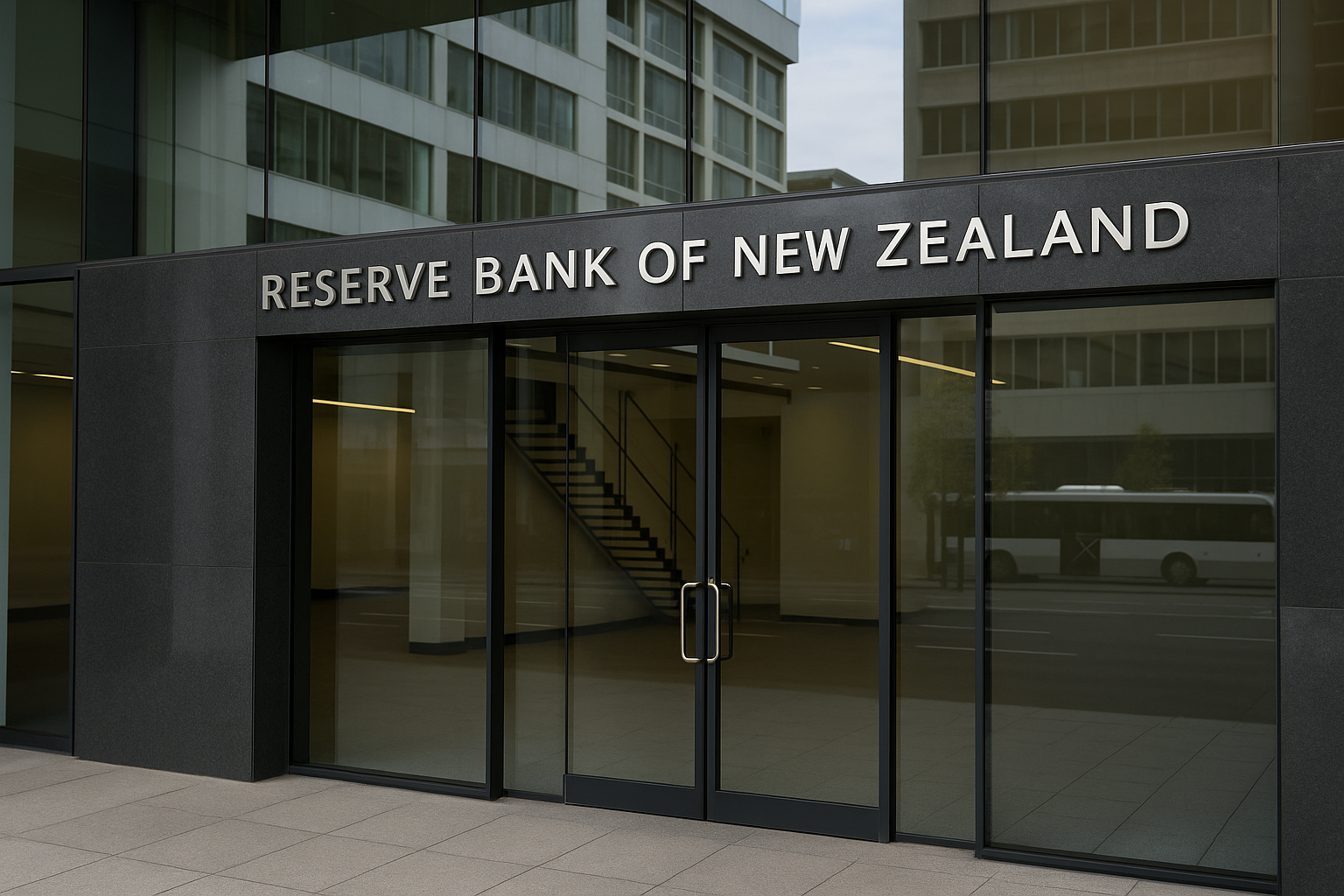Reserve Bank Chair Neil Quigley Resigns After 15 Years of Service
During his tenure, Mr Quigley oversaw critical governance reforms and helped steer the Bank through periods of both global and domestic financial uncertainty.

- Country:
- New Zealand
Finance Minister Nicola Willis has formally acknowledged the resignation of Reserve Bank of New Zealand (RBNZ) Chair Neil Quigley, who stepped down from his role with immediate effect after more than a decade of guiding the Bank through significant reforms and challenges.
Mr Quigley has been a member of the Reserve Bank’s governing board for 15 years, serving the last nine as Chair. His departure marks the end of a period of continuity and steady leadership that coincided with major developments in the country’s monetary and financial policy framework.
A Career of Leadership at the RBNZ
During his tenure, Mr Quigley oversaw critical governance reforms and helped steer the Bank through periods of both global and domestic financial uncertainty. As Chair, he played a pivotal role in ensuring the institution maintained independence while adapting to modern economic demands.
His resignation comes at a time when several major initiatives are already underway at the RBNZ. These include the implementation of a new funding agreement that secures the Bank’s operational resourcing, the release of a substantial review of capital settings that is now open for consultation, and the advanced stages of recruiting a new Governor to lead the Bank.
Ministerial Thanks and Transition Plans
In a statement, Finance Minister Nicola Willis expressed gratitude for Quigley’s long-standing service, noting that he had “decided that having overseen a number of key workstreams for the Bank, now is the appropriate time for him to hand over to a new Chair.”
She added that his departure leaves the Bank “well-positioned for the future,” highlighting his steady stewardship during times of institutional reform.
Deputy Chair Rodger Finlay will now assume the responsibilities of Acting Chair until a permanent appointment is confirmed. The vacancy created on the Board by Quigley’s resignation will be filled in due course, according to the Minister.
Looking Ahead
Quigley’s resignation comes at a moment of transition for the Reserve Bank, with significant policy decisions pending and leadership change on the horizon. While his departure signals the close of a long era, it also opens the way for new governance perspectives at the country’s central bank.
His successor will inherit both opportunities and challenges — from strengthening financial system resilience to navigating future economic shifts — as the Reserve Bank continues its central role in shaping New Zealand’s monetary stability.










